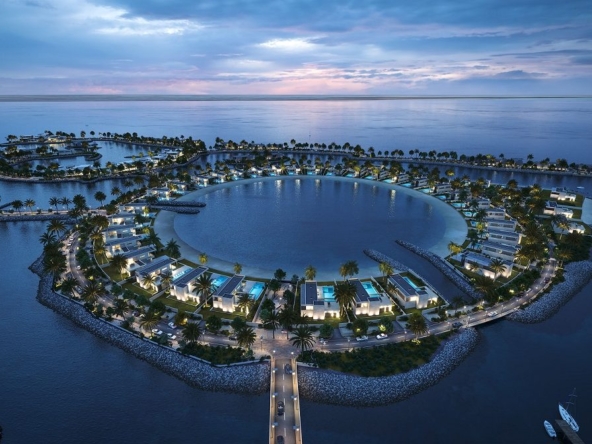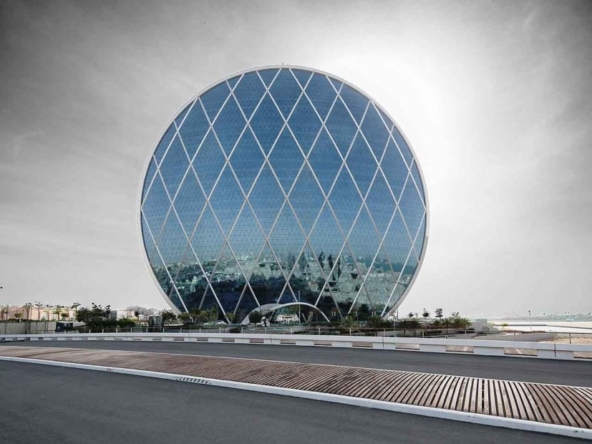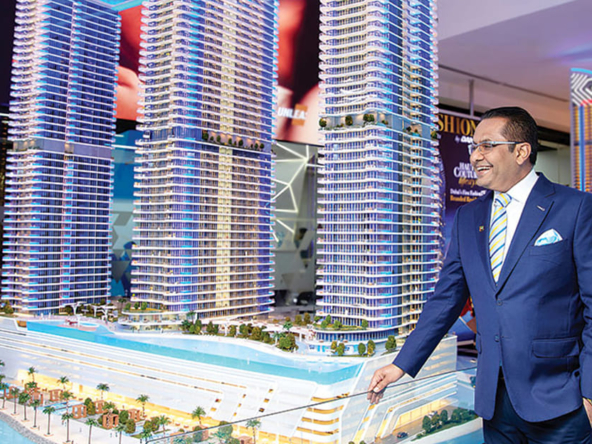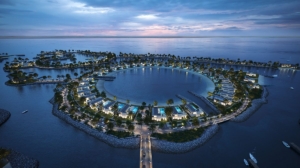In today’s age of advanced innovation, digital technologies have collaborated to enhance the well-being of citizens in a concept called smart homes. Smart homes are an efficient design that can help improve costs and efficiency, not just for builders and designers, but also for those who live within them.
The concept of smart homes may not be one that would be deemed intrinsically entwined within the wider smart city environment. However, they are increasingly becoming more current, and are shaping up to be an integral aspect of the smart city experience.
A network of interconnected sensors and systems forms the basis of any smart city. These sensors are part of the Internet of Things (IoT), a system of digitally connected devices that record and analyse the data gathered from everyday life and utilise it to improve facilities, processes, and the overall life of citizens.
It is already possible to witness the benefits of this technology on a personal level. For example, one can save money on their monthly bill by monitoring and controlling the temperature of their home using a smart thermostat. Safety is another factor that can also be greatly improved with IoT smart technology. Smart smoke and fire alarm systems can automatically contact the fire brigade and notify neighbors in the instance of danger.
It is therefore quite clear that the scope for smart home technology is a wide one, and one that will certainly have a beneficial effect on the lives of residents. Technologies are already installed within our residences, but we rarely connect them to a city-level perspective. Efficient energy management, reducing carbon emission, proper waste management, safety enhancement, and improving general well-being are a few of the many objectives behind smart homes that can be scaled up to the city level for a wider benefit.
Cities could provide a safer, cleaner environment for all if future buildings implemented IoT technology during the design and initial stages, which would prove to benefit both local authorities and future homeowners in the long run.
Authorities are increasingly turning to the concept of smart cities to alleviate many of the issues they face today; from cutting costs in waste management to reducing traffic congestion in built-up areas. Cities that utilise these technologies report enhancements in power efficiency, water use, traffic congestion, environmental protection, pollution reduction, senior citizens care, public safety and security, literacy rates, and more.
The UAE serves as a global example for the incorporation of smart homes while continuing to build architectural marvels. Some of the world’s smartest home designs can already be found in the country. People from across the world continue to be wowed by spectacular private properties that showcase an efficient blend of sustainable practices and innovative technology.
These developments are anchored on the vision to achieve an ideal balance between economic and social development. The Dubai 2040 Urban Master Plan is one such plan. It aims to encourage sustainable urban development in Dubai while also focusing on enhancing people’s happiness and quality of life.
It can be expected that the most modern and smartest cities will soon arise from the UAE, where people’s well-being and lessening environmental and social impacts are treated as top priorities while creating urban development plans.









